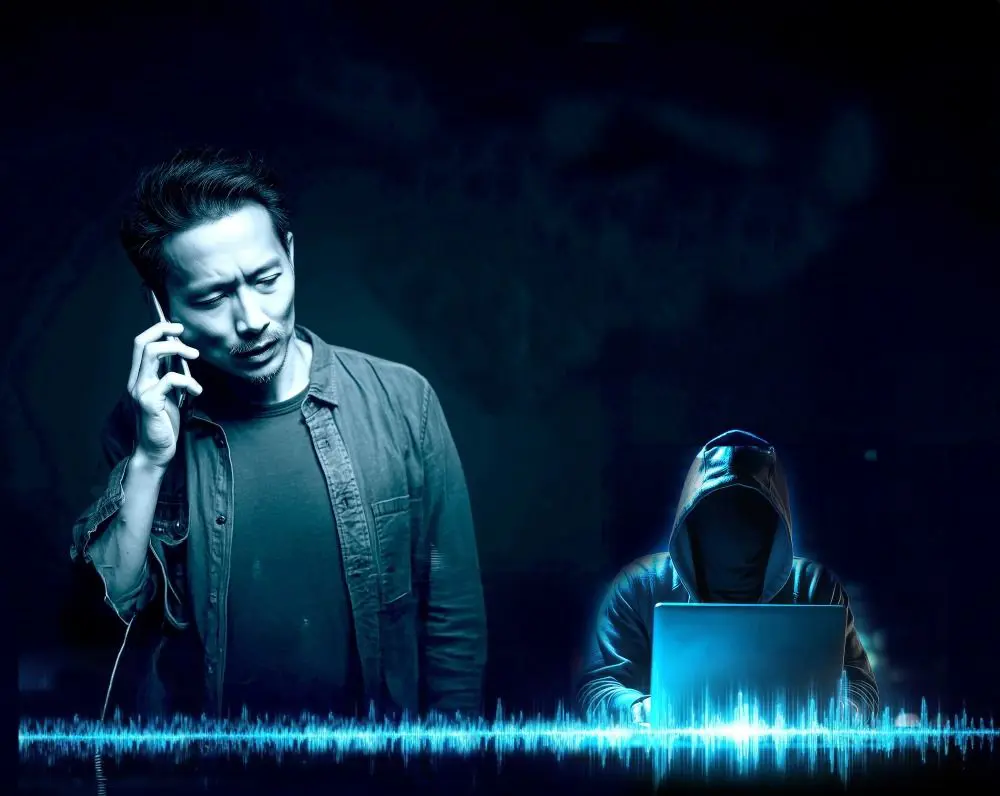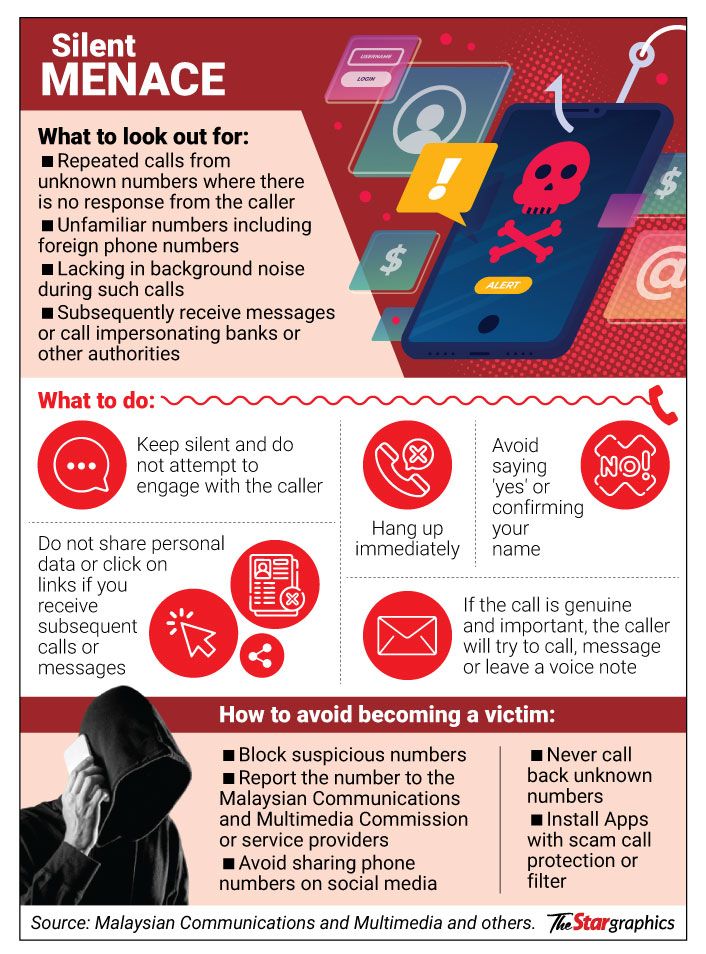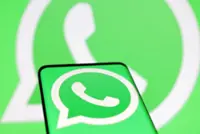Facebook is mulling over letting children below the age of 13 join its network, but with so many signed up already, what difference would it make? FACEBOOK'S
minimum age should be 21. This argument mooted by
CNN blogger John D. Sutter will no doubt get the support of many parents who worry about safety and privacy issues on the social media network. That is, those parents who have not secretly signed up, or helped to sign up, their children on Facebook.
Facebook (FB) already has an age limit 13 years old but the reality is that many “underaged” children already have their own profiles on the site, parents' consent notwithstanding.
In fact, it is estimated that some 7.5 million children below the age of 13 are currently on FB, out of its total 900 million plus users worldwide.
This shows that the minimum age requirement on FB is just a number. Facebook does little, if anything, to enforce it, and one can simply lie about their birth date to circumvent the rule.
So why the charade?
As suggested by the
Wall Street Journal, which first broke the news of the social media giant's plans to open up to tweens and even younger kids, Facebook was feeling the heat from the American authorities in relation to the
Children's Online Privacy Protection Act (COPPA).
The Act stipulates that online services catering to children below 13 would need to obtain the consent of their parents before collecting data from them. COPPA also requires that parents be given the ability to review, revise and delete their children's data.
Hence, with the number of pre-teen children registering on the site growing by day, Facebook knows it can no longer turn a blind eye to its minefield. Coming clean is perhaps its only option in defending itself from any potential legal action.
As it acknowledged in a statement: “Enforcing age restriction on the Internet is a difficult issue, especially when many reports have shown that parents want their children to access online content and services.”
Facebook
founder Mark Zuckerberg himself had earlier said he would like to see kids under 13 use FB “more honestly and in compliance with the law”.
“My philosophy is that for education you need to start at a really, really young age... Because of the restrictions, we haven't even begun this learning process... If they're lifted then we'd start to learn what works. We'd take a lot of precautions to make sure that they (younger kids) are safe...,” he was quoted.
The conspiracy theorists of course say freeing the shackles is one way for Facebook to recoup its losses after a disappointing debut at the share market. Widening its user base will certainly broaden its revenue-raising opportunities, especially in the mobile apps and ad sector, and add to its market value.
Then there is the brand loyalty factor getting them young is the best way to get users hooked for the future, and guard against any possible defection to “cooler” social media networks to come.

Whatever the motive, the reality remains stark there is a high number of active FB tweens and they can no longer be ignored.
Choy: Many parents of children who are being bullied online feel they can’t do anything about it. Time to LikeAs he sees it, officially opening up to the under-13s can be a positive move, says CyberSecurity Malaysia
chief executive officer Lt Col (R)
Prof Datuk Husin Jazri.
“By officially allowing children to sign up, Facebook can keep tabs on how many Facebookers below 13 there are,” he opines.
In Malaysia, for instance, it is no secret that many tweens have their own FB accounts, with most having signed up either with the consent and help from their parents, siblings or close relatives; or by “cheating” Facebook, that is, changing their birth date to make the computer system accept them as above 13.
It is not clear how many Malaysian children are now online but with some 12.5 million Malaysian FB users recorded this year, it is safe to say that there are many.
In fact, global social media and digital analytics company Socialbakers estimated that some 2.2% of Malaysian Facebookers were aged 13 and below last August (around 248, 528). That is a rough estimate at best; with our below-18 population totalling up to 11.2 million (approximately 2.87 million children are in primary school), it is difficult to pinpoint how many FB minors are signed up on a fake age.
Malaysian Communications and Multimedia Commission (MCMC)
chairman Datuk Mohamed Sharil Tarmizi agrees that removing the token age restriction is perhaps the most effective way to protect our children on Facebook.
This will create openness among the tweens and their parents, says Sharil.
“Children will not need to hide that they have FB accounts any more and would be encouraged to share their online experiences with their parents. If they do not bypass the protection measures (as kids nowadays are very IT savvy), the children should get the age appropriate online protection they need against the adult world' of Facebook,” he adds.
However, both agree that this will only be effective if Facebook fulfils its commitment to introduce a new suite of tools for parents to keep their children safe when they register a FB account and interact on the social networking site.
Sharil, who is also vice-chairman of the
International Telecommunications Union (ITU)
Council Working Group on Child Online Protection (COP), a specialised organ of the
United Nations based in
Geneva, Switzerland, reminds parents that children are minors first and foremost.
“Children under 13 are typically in the primary school group and need extra supervision, guidance and care,” he stresses.
Husin proposes that specific accounts for those below 13 be created with suitable contents and safeguards to enable parents and guardians to continually provide assistance as well as monitor the online activities of these young Facebookers.
 Sharil: ‘Children need guidance and supervision. Online tools and technologies can never replace the care and guidance that parents can give’
Sharil: ‘Children need guidance and supervision. Online tools and technologies can never replace the care and guidance that parents can give’ “Facebook for those below 13 should be categorised as a special account, different from the adult Facebook accounts. They should introduce some kind of system to ensure that the children obtain parental consent before they get accepted to sign up, and whenever a child requests for or accepts a new Facebook friend, parents should be alerted,” he adds.
Dangerous playgroundStill, as many parents would be deigned to admit, no matter how vigilant you are, it is still a big bad Web out there.
“Parents can only guide and monitor their children, they cannot really change the environment,” says a father-of-three who only wants to be known as Arshavin.
You will still need the help of the policy makers and service providers, among others, to make the Internet, and specifically Facebook, safe for children, he adds.
“No matter how well-trained or educated your children are, some places are just off limits, even if you go there with them.
“I read this one comment that I think captures it well will you let your elementary school child attend a college or adult party?'. You won't, right?” he poses, warning that some parents might be lulled by a false sense of security for their children on Facebook if the new ruling is implemented.
Social media specialist Jasmin Choy agrees, highlighting cyber-bullying as one danger for young children on FB. The problem is intensified as many parents are not equipped to deal with it, she says.
“Many parents of children who are being bullied online feel they can't do anything about it. Then there are those who just don't know what is happening to their kids in cyberspace, or those who are not giving enough guidance to their kids and are becoming bullies online,” she says.
Opposing the social media network's plans to open up their membership for children under 13, the mother of two relates a recent cyber-bullying case close to her heart.
“It happened to a friend's child who is sensitive and fragile. She was already being subtly bullied online when the girls ganged up on her and made her feel like she was stupid. The problem was, the mother didn't know what to do about it. If she intervened, the daughter would be very embarrassed. On the other hand, if the mum didn't intervene, these girls would go on bullying her daughter.”
Another red flag for children, she warns, is online porn and sexual predators.
“Many parents have no idea how much porn is being served up to the kids online. They think they have some idea but are often shocked when they discover how accessible porn is to their six- to13-year-olds.”
As Choy highlights, one only needs to go to some of the game apps on FB to receive porn advertisements.
“Many pop up even on innocent-looking Facebook games. Besides, curious kids are going to share images and if there's FB and Twitter they will see it,” she says, advising parents to “prepare” their children by educating them about the birds and the bees at an early age.
“We can't be prudish about it. They are going to see it anyway, so why not explain to them before trouble brews.”
The main danger she foresees, however, is the breach of privacy.
“Think about all the times we chatted with a young kid on FB. We must have at least mentioned the child's name, asked them how their day was... things like that. We tend to forget the dangers when we are having fun online. Bad people can easily glean information from the chats the adults have with young kids on FB posts,” she says.
Choy also strongly believes that pre-teens are particularly vulnerable because most do not have the maturity to handle problems related to FB or be aware of the dangers.
“Even if they are aware of the dangers, they can't often see the danger in front of them. Even adults don't react fast enough to FB risks, what more children of that age,” she says.
Along with the threat of paedophiles, there is also worry that young children will be subjected to unscrupulous advertisers and marketers on Facebook, or have their personal data sold to advertisers.
Not surprisingly, Zuckerberg has already been lobbied by a coalition of consumer, privacy and child advocacy groups to keep children's data confidential and the site ad-free for the below-13s in the United States.
For bank officer Aslina, addiction is her big worry.
“Just like adults, kids tend to spend way too much time on Facebook and can get addicted to it. Instead of studying or socialising with friends and playing games or sports, they will be logged on FB.”
And, cautions teacher Mary K, parents might not be able to withstand another pressure should FB open its doors to pre-teens peer pressure.
“Now they will be pressured to join because all their friends are on it. It will be a difficult time for parents, “ she says.
Arshavin agrees.
“I asked my 16-year-old daughter why she is on FB, and she said it was to watch what her friends are up to. But when I asked her to log off, she just whined about what she would be missing,” he says.
Calling FB a “different beast altogether”, Choy who is a proponent of the Internet as a study tool vows to keep her children away from it as long as she can.
“I really believe all young kids should have access to the Internet. My six-year-old can
Google search for any information related to his hobbies or studies at any time with the tablet. YouTube has given him access to various documentaries he can watch and learn from. And why not? Technology and the Internet have made learning exciting. It has allowed my children to think out of the box. I just don't think they should have an FB account at an early age,” she says.
If parents do decide to let the child open a FB account, she adds, they would need to constantly talk to them about the hazards and teach them good cyber habits.
“Explain over and over again why they should not reveal sensitive information like their names, location of the moment and place of residence. And check, check, check their FB settings,” she stresses.
And constantly but silently read their children's postings to check for trouble, she adds.
This is something Alina does diligently with her two pre-teen children who are registered on FB.
“In the beginning, I was worried that I was making the wrong decision to let them get their own profiles on FB. But I read up on it and made sure that I know what is in store for them. Then I went through all the safety and security features available on FB with them before we registered.”
Most importantly, she adds, she always reminds them to be as cautious online as they would be in the real world.
Sharil agrees children should be taught as early as possible that rules and regulations exist online just as they do offline, and that there are dangerous areas online just as there are dangerous areas or things in the real world.
It is parents' responsibility to cultivate security awareness in their children and educate them on safe Internet usage, says Husin.
“Parents must be alert of any unusual activities of their children on the Net and take the appropriate action to rectify if their child gets caught in any undesirable activities online.”
Sharil, however, reiterates that parents are the best judge of whether their child is ready for Facebook themselves.
“It all goes back to the basic skills of parenting and instilling good moral values in their children. Children need guidance and supervision. Only parents can do this effectively. Teachers, NGOs and the broader community can help but they can never replace the parent,” he notes.
Crucially, parents are at the frontlines of their children's defence, says Sharil.
“Parents should continue to monitor their children's online activities while encouraging appropriate online behaviour. They should not totally depend on Facebook's parenting' facilities. Online tools and technologies can never replace the care and guidance that parents can give.”
Ultimately, he adds, it is extremely important for parents and guardians to become good role models for their children when they are online.
By HARIATI AZIZAN sunday@thestar.com.my















